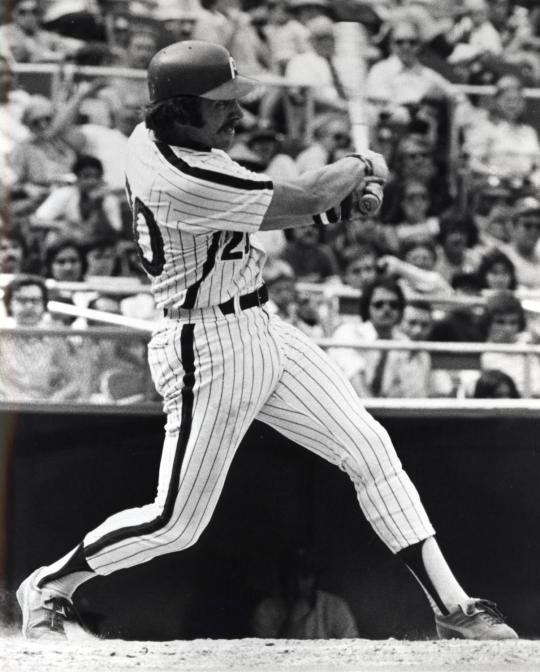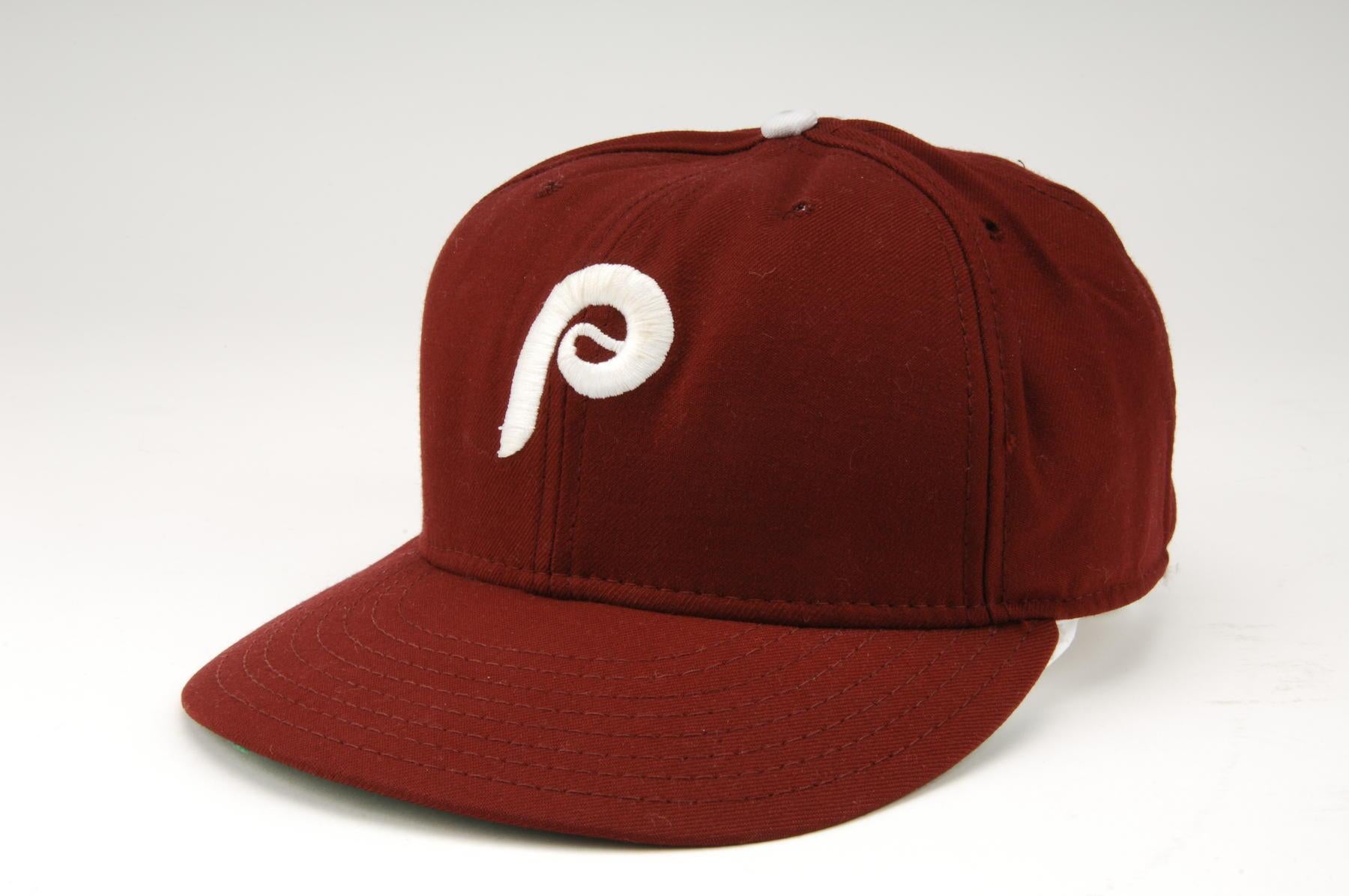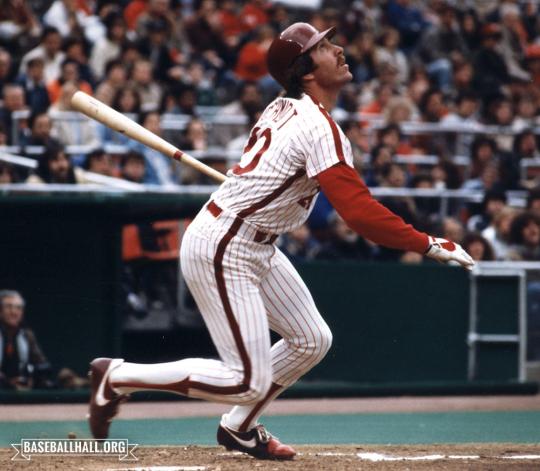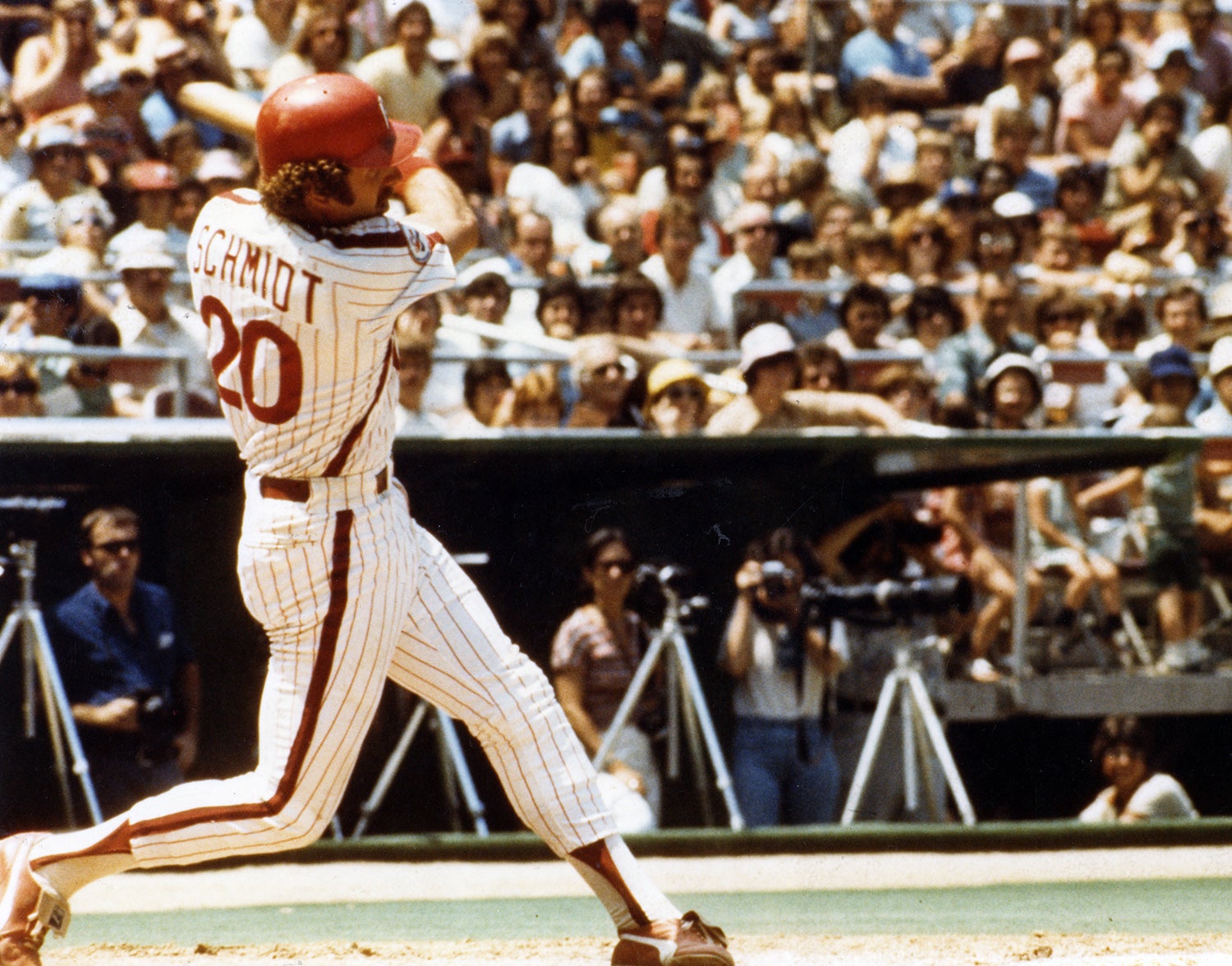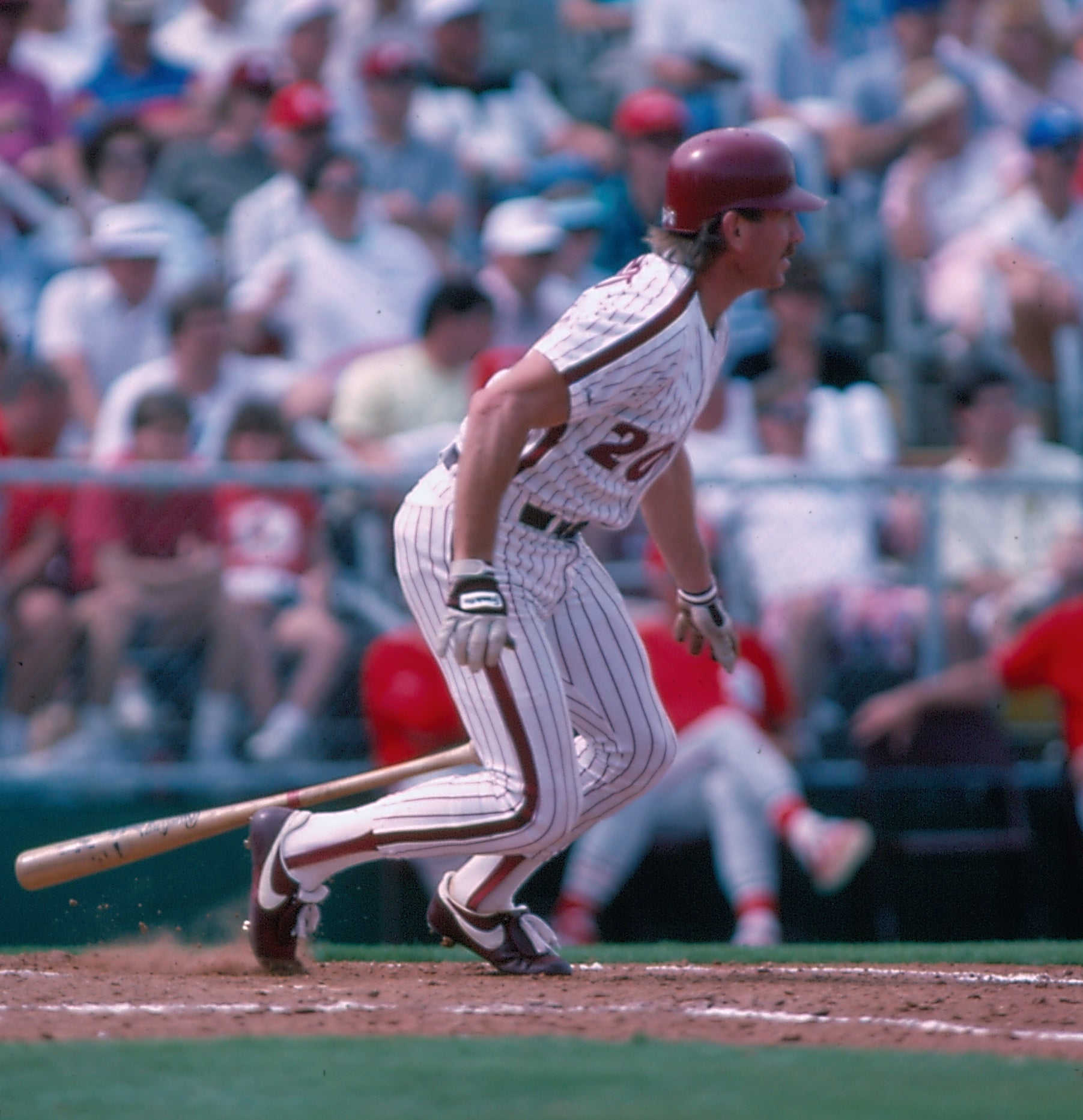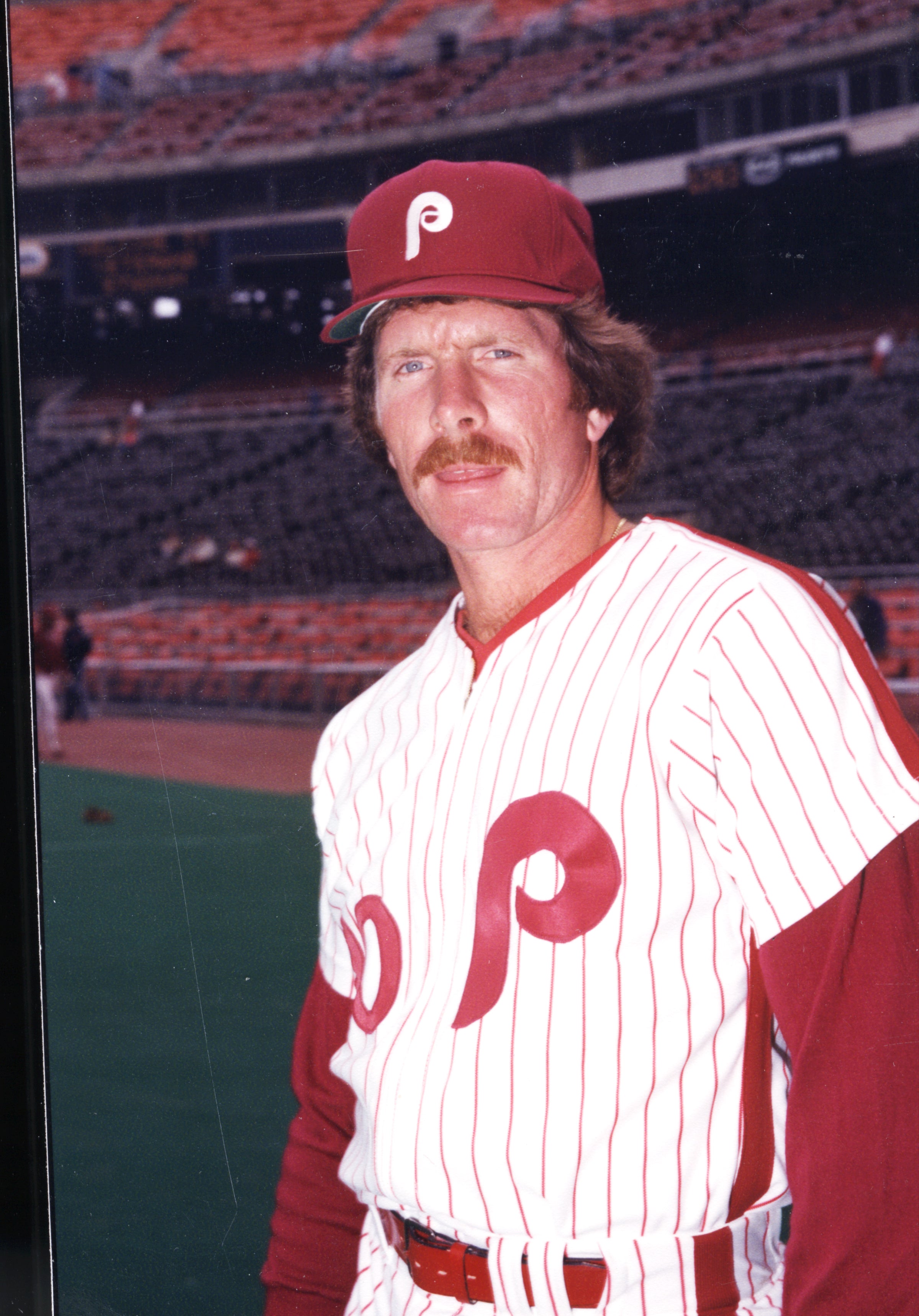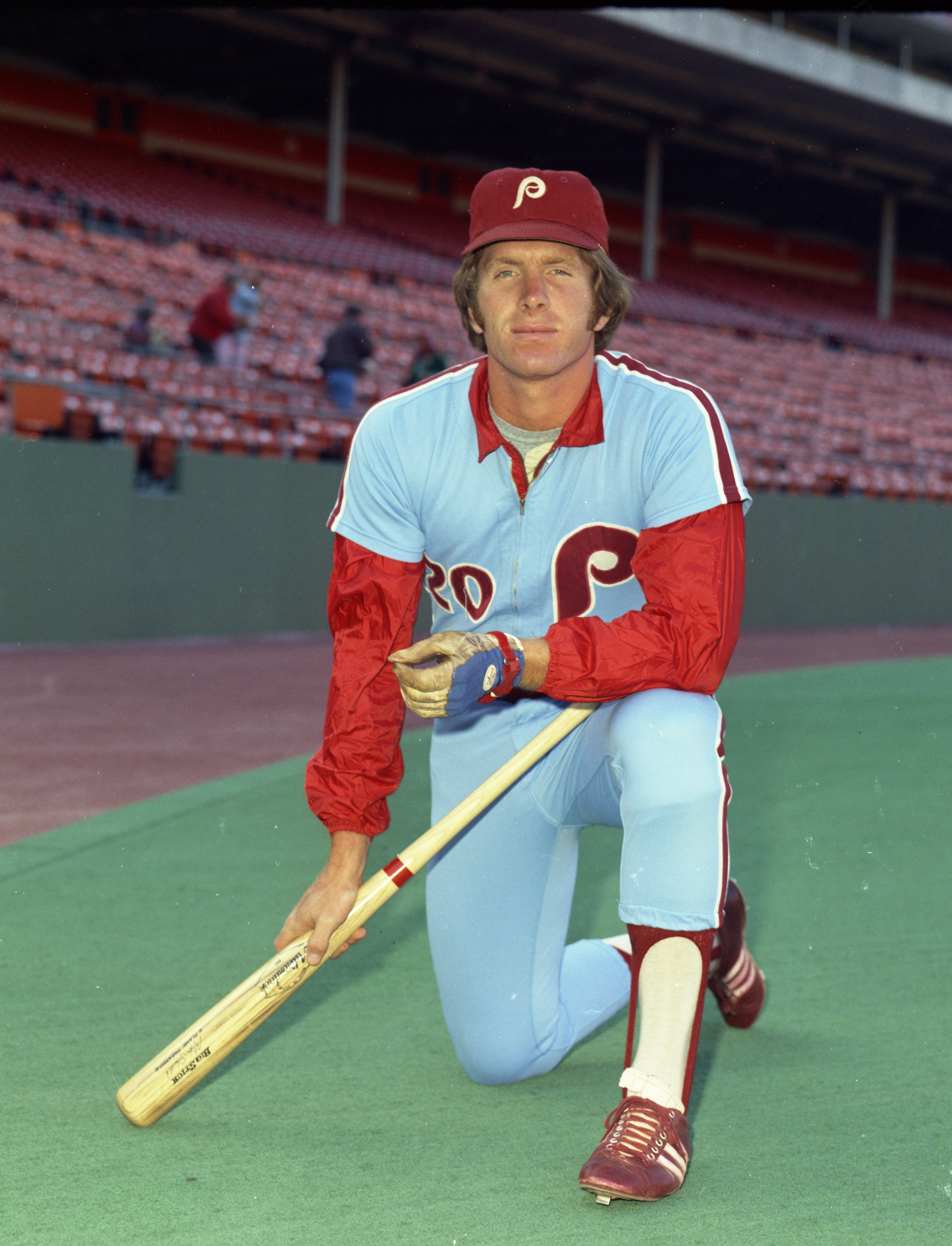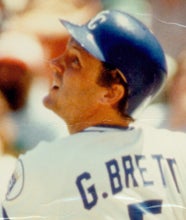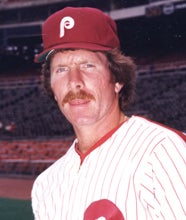- Home
- Our Stories
- Astrodome barely contains Mike Schmidt’s blast
Astrodome barely contains Mike Schmidt’s blast
The potential that teammates, scouts and fans saw in Mike Schmidt in his first two big league seasons became reality on June 10, 1974.
On that night in Houston, Schmidt gave the baseball world a taste of his prodigious power in the first inning against the Astros' Claude Osteen. With runners on first and second, Schmidt drove a ball off a public-address speaker hanging from the Astrodome roof in center field. The speaker was 117 feet up and 300 feet from home plate -- and cost Schmidt a sure home run by deflecting the ball. It fell for a single, moving Dave Cash to third and Larry Bowa to second.
Bill Robinson followed with a double, scoring Cash and Bowa and giving the Phillies all the runs they would need in a 12-0 victory. Schmidt added two more hits and three RBIs later in the game.
“There are things as a coach you can teach,” said Bob Wren, Schmidt’s coach at Ohio University. “But natural ability like the raw power (Schmidt) had is a rare gift you see maybe once in a lifetime.”
For Schmidt, his Astrodome blast was something of a coming-out party during his first great big league season. Drafted by the Phillies in the second round of the 1971 MLB Draft – one pick after the Royals took another future Hall of Fame third baseman, George Brett – Schmidt quickly made his way to the Major Leagues in 1972. The next year, Schmidt took over as the Phillies third baseman but hit just .196 in 132 games.
But by the end of the 1974 season, Schmidt had a National League-leading 36 home runs to go with 116 RBIs and a .282 batting average.
In the 13-year span from 1974-86, Schmidt led the NL in homers eight times, won three Most Valuable Player Awards and amassed 10 Gold Glove Awards at third base.
In 1980, his first MVP season, Schmidt led the Phillies to their first World Series title.
Schmidt finished his 18-year big league career in 1989 with 548 home runs, 1,595 RBIs and 12 All-Star Game selections.
He was elected to the Hall of Fame in 1995 in his first year on the Baseball Writers' Association of America ballot.
Craig Muder is the director of communications for the National Baseball Hall of Fame and Museum

